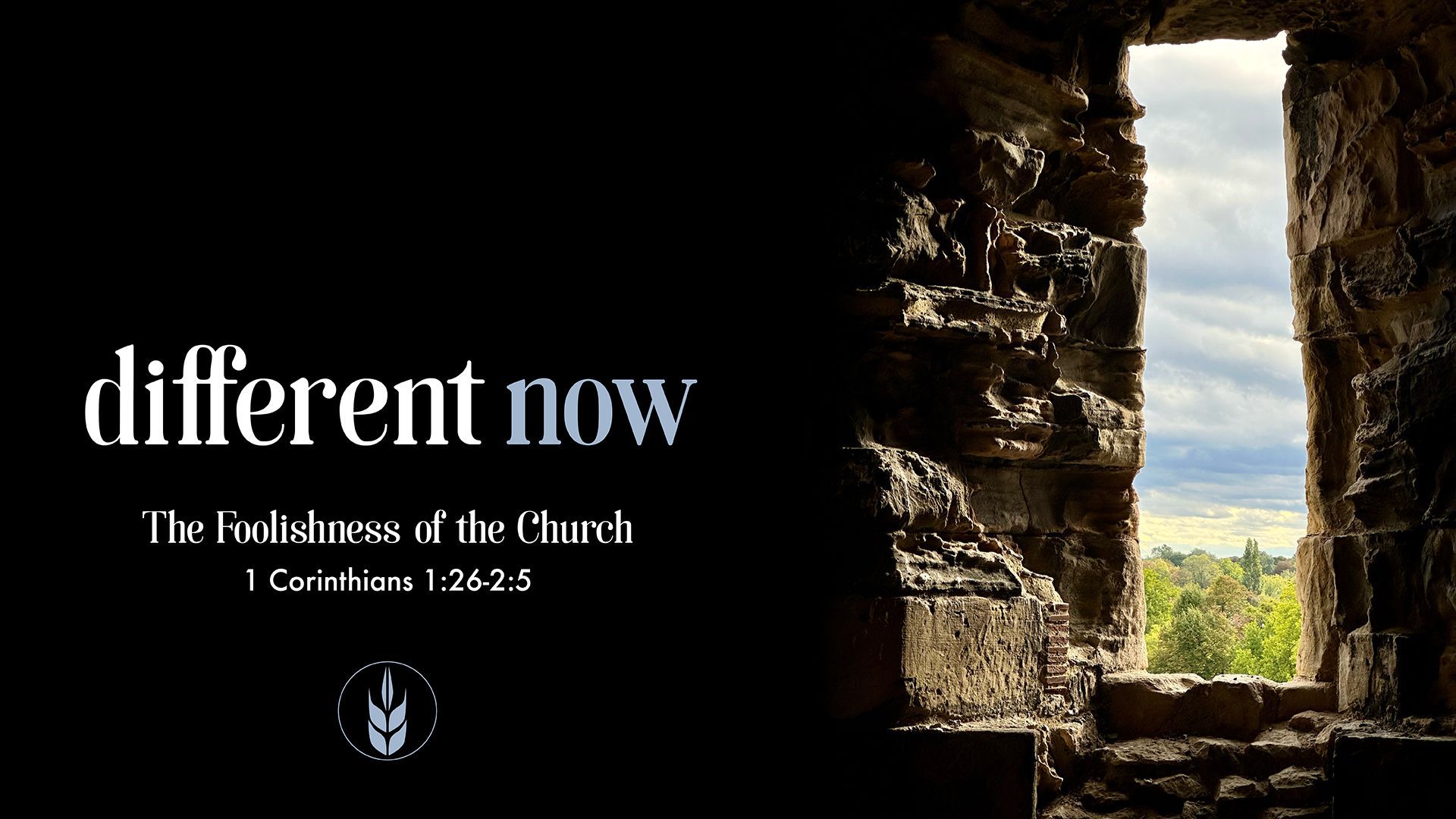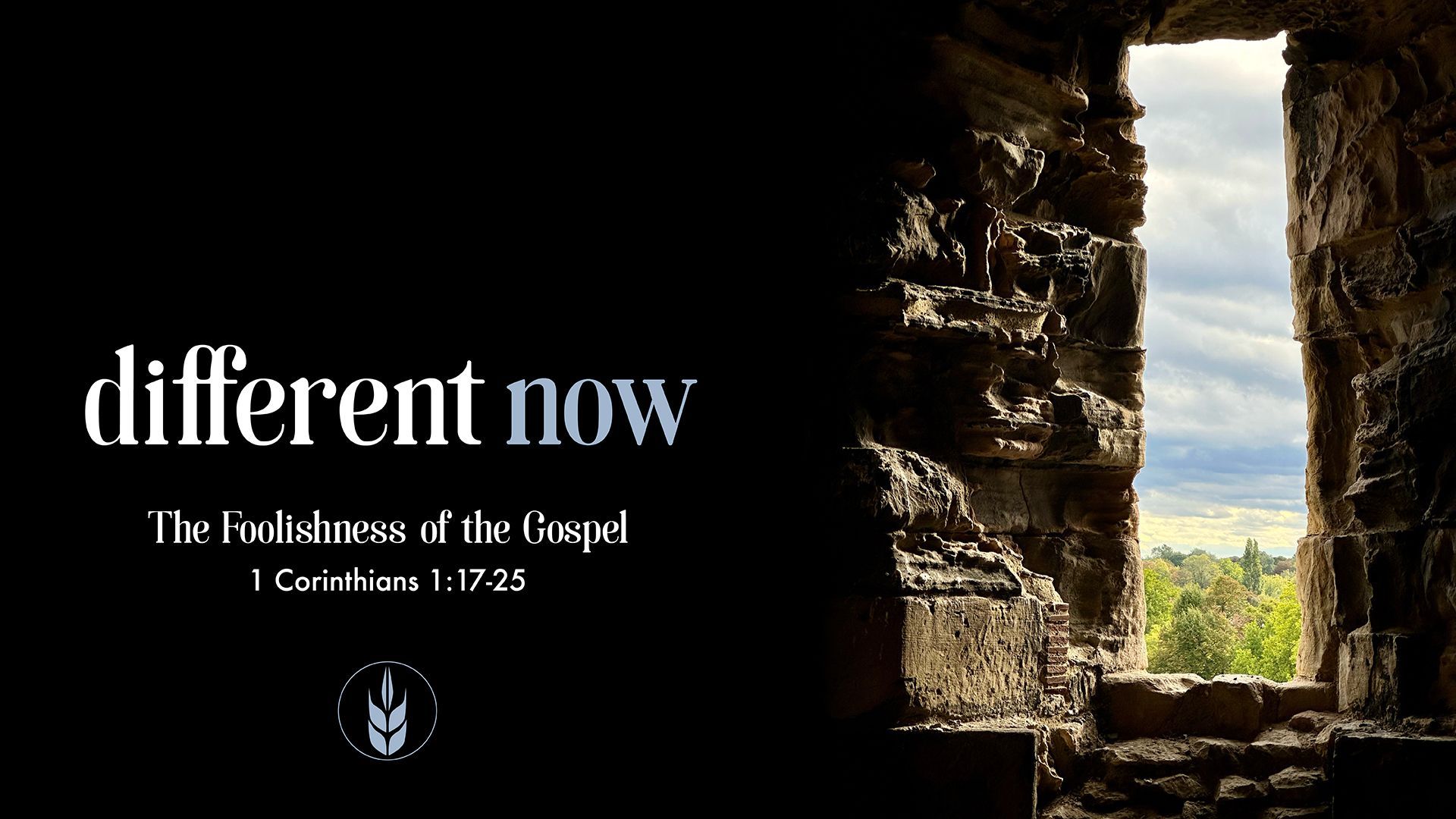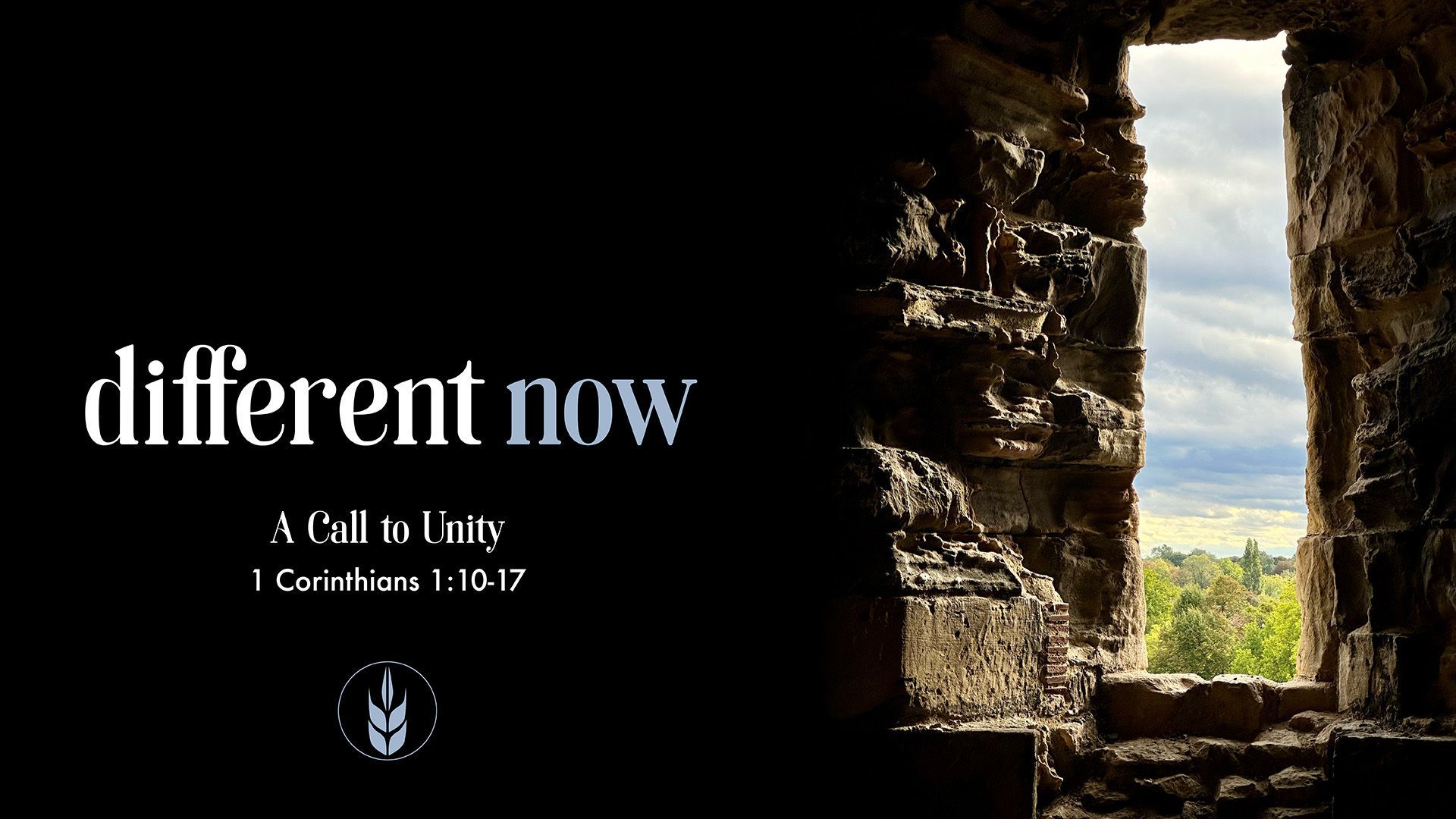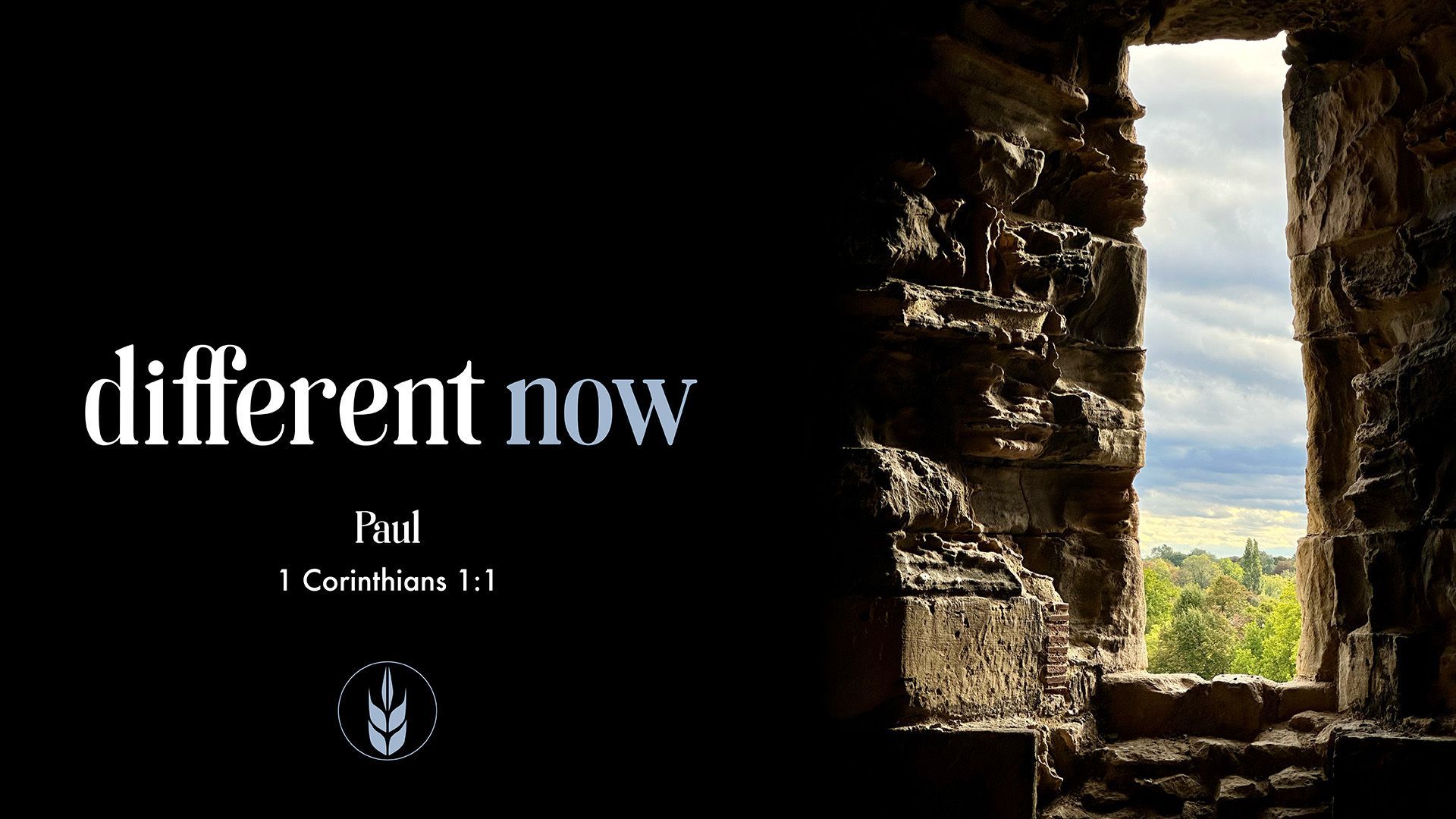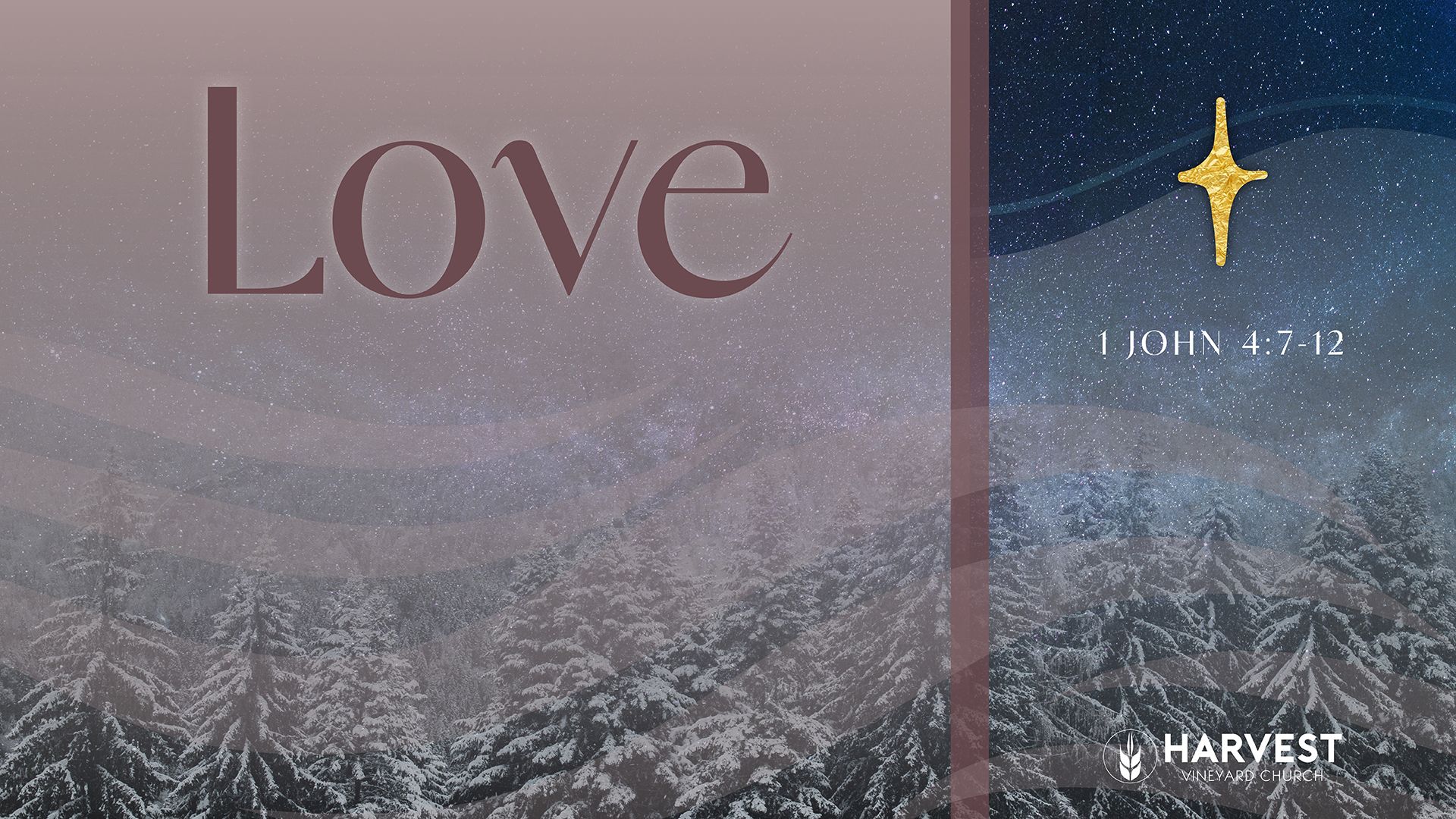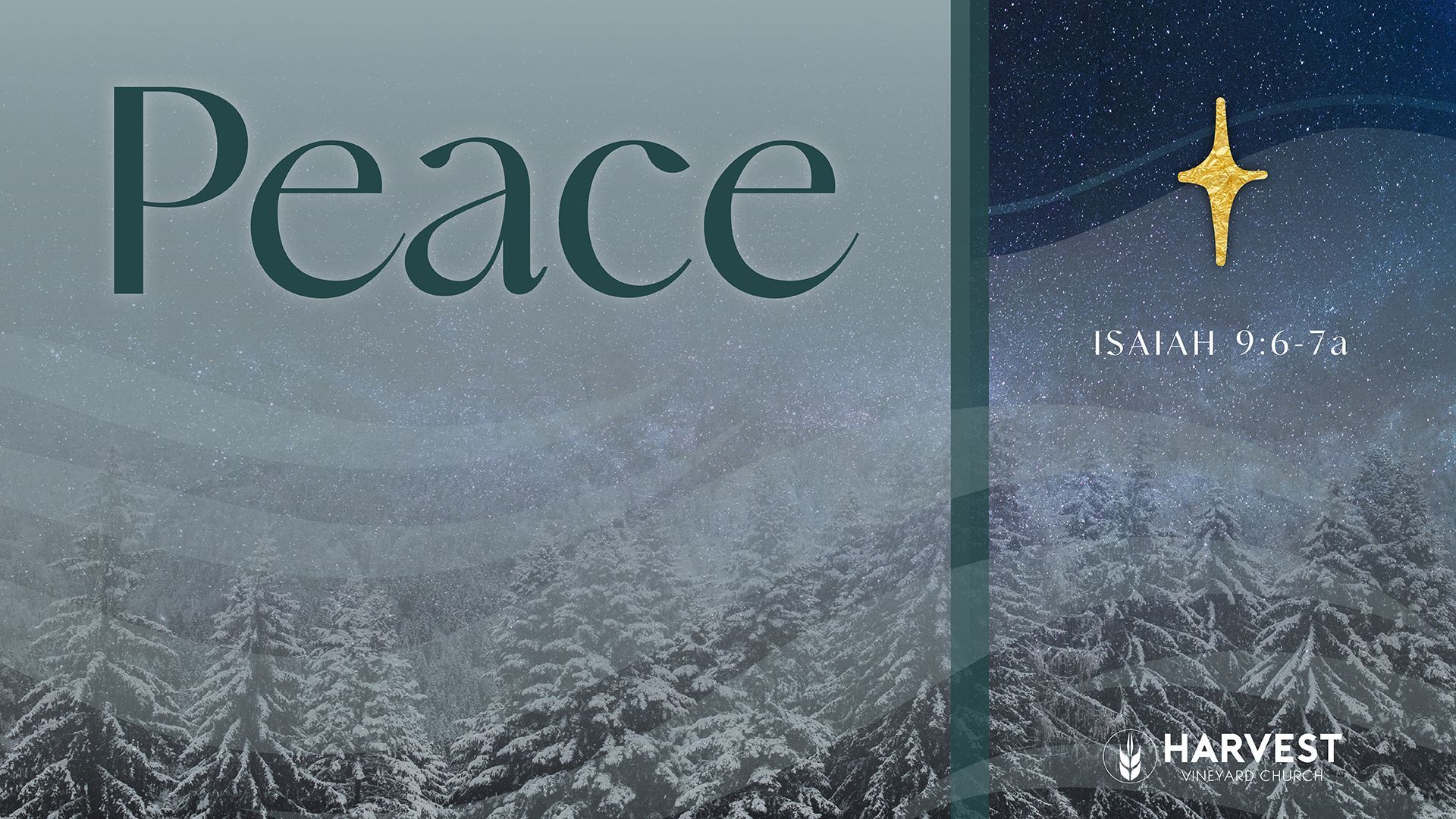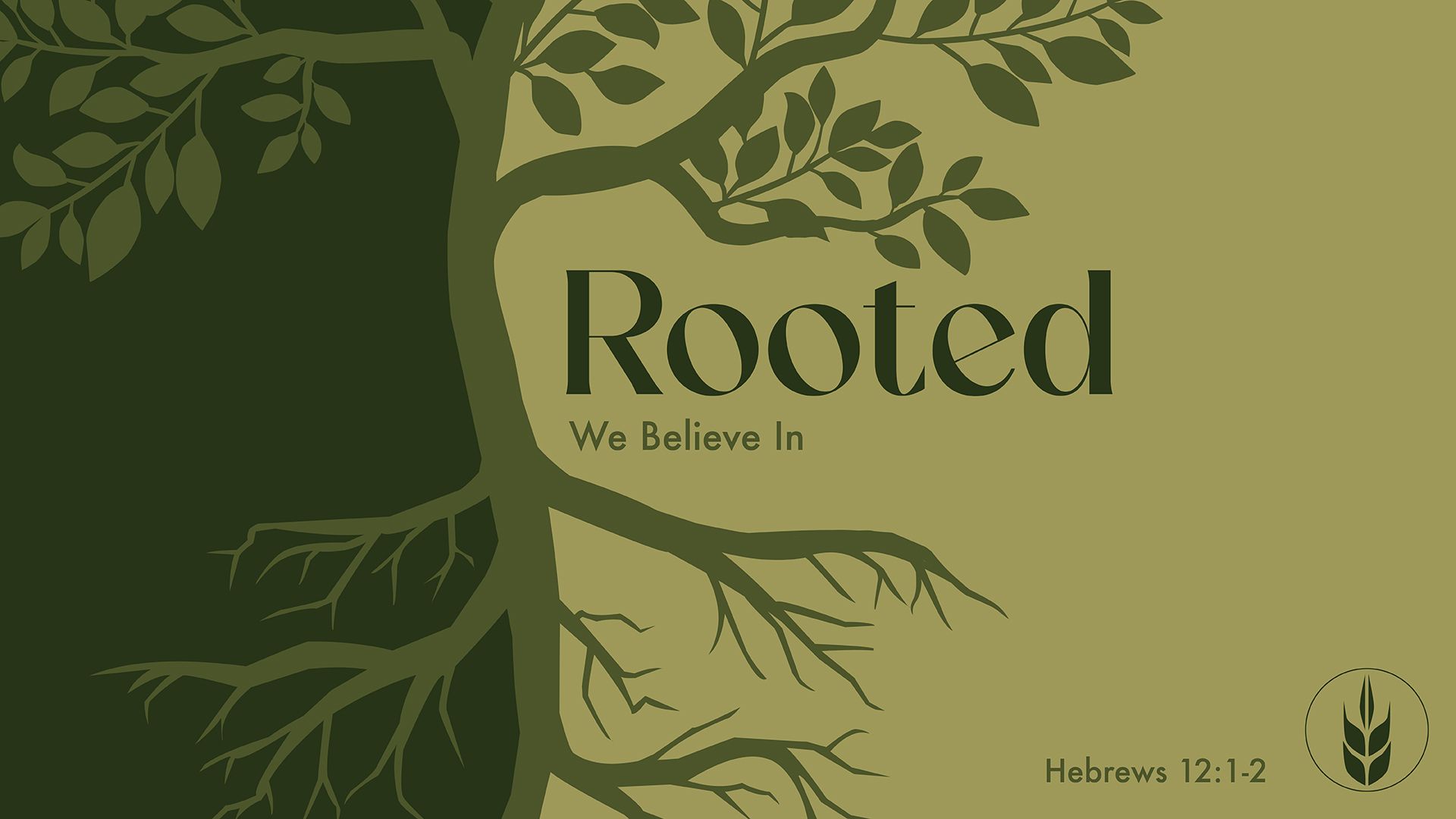
Anchoring Faith: Understanding the Nicene Creed for Modern Christians
In today's fast-paced world of constant change and evolving spiritual landscapes, there's something profoundly comforting about anchoring ourselves to timeless truths found in the Christian faith. The Nicene Creed, a historic statement of belief that has united Christians across denominations for nearly two millennia, offers just such an anchor for believers. Far from being an outdated relic, this ancient profession of faith provides a theological foundation that remains relevant today as it was when first penned in 325 AD. Christians seeking a deeper understanding of their faith and connection to the global church can find stability and unity in this creed.
Inheriting Faith Across Generations
At its core, the Nicene Creed reminds us of a powerful truth: we are not inventing our faith, but inheriting it. This inheritance connects us not only to believers around the world today but to countless generations of Christians who have gone before us. When we profess "We believe," we join our voices with a global chorus that spans both space and time.
The Nicene Creed serves as a powerful reminder that our faith is rooted in something far greater than our personal experiences or cultural moment. It connects us to the historic, global church – a body of believers that transcends time, place, and denomination. When we recite these ancient words, we stand shoulder to shoulder with martyrs, missionaries, and countless ordinary Christians who have held fast to these truths throughout the centuries.
The Importance of Community in Faith
The creed begins with these three simple yet profound words: "We believe in." This collective "we" is significant. It reminds us that faith is not a solitary journey, but one we undertake in community. In times of doubt, struggle, or personal crisis, we can lean on the shared faith of our brothers and sisters in Christ. When our individual "I believe" falters, the church's "We believe" can carry us through.
This communal aspect of faith is especially crucial in a world that can sometimes feel hostile to Christian beliefs. Whether facing challenges in academic settings, workplace environments, or personal relationships, having a clear articulation of core truths can provide stability. The Nicene Creed offers precisely that – a concise yet comprehensive summary of essential Christian beliefs.
Central Themes of the Nicene Creed
Central to the creed is its affirmation of Jesus Christ as both fully God and fully man. This seemingly paradoxical truth is foundational to Christian faith for two crucial reasons.
1. Assurance of Knowing God
First, it assures us that in Jesus, we can truly know God the Father. As Jesus himself said, "Anyone who has seen me has seen the Father" (John 14:9).
2. Complete Salvation
Second, only a Savior who is fully God can offer complete salvation from sin, brokenness, and death. We need more than a good moral teacher or exemplary human – we need God Himself to reconcile us to God.
Diversity and Unity in Belief
While the creed articulates core beliefs, it's important to remember that Christianity allows room for diversity of thought on many issues. A helpful framework for understanding this is the principle often attributed to St. Augustine: "In essentials, unity; in non-essentials, liberty; and in all things, charity." This approach encourages us to hold firm to fundamental truths while extending grace and freedom to fellow believers who may differ on secondary matters.
This balanced perspective is crucial for the health of the church. It prevents us from elevating personal preferences or theological minutiae to the level of essential doctrine. At the same time, it guards against a wishy-washy faith that stands for nothing. By clearly defining what is central, we can engage in respectful dialogue about areas where sincere Christians may disagree.
The Creed in Personal and Corporate Worship
Yet the creed is not meant to be a dry, academic exercise. Rather, it should fuel our worship and ignite our mission. As we declare our belief in the triune God – Father, Son, and Holy Spirit – we are invited into deeper relationship with this God who loves us. As we affirm Christ's death, resurrection, and future return, we are challenged to live in light of these realities.
Moreover, a clear understanding of our core beliefs equips us to share our faith with others. In a world hungry for meaning and truth, the Nicene Creed provides a compelling summary of the Christian worldview. It offers answers to life's biggest questions: Who is God? Who are we? What's wrong with the world? How can it be made right?
Living Out the Creed's Truths
As we explore and embrace these foundational truths, we find ourselves better prepared to live out our faith in everyday life. We're reminded that being a Christian isn't just about what happens on Sunday mornings. It's about participating in God's ongoing work of bringing His kingdom "on earth as it is in heaven." Whether at home, work, school, or in our communities, we're called to be agents of God's love, justice, and redemption.
In a culture that often prioritizes individualism and personal truth, the Nicene Creed stands as a bold declaration of objective reality. It reminds us that our faith is not based on feelings or preferences, but on historical events and divine revelation. At the same time, it invites us into a living, dynamic relationship with the God who has revealed Himself to us.
As we reflect on these timeless truths, may we be encouraged, challenged, and transformed. May our roots grow deep into the rich soil of historic Christian faith. And may our lives bear fruit that reflects the beauty and power of the God we serve – Father, Son, and Holy Spirit.
Hit play to listen to the sermon this blog is based on
At Harvest Vineyard, we believe we are better together, in community. We're glad you're here.
ENCOUNTER CHRIST.
EXPERIENCE COMMUNITY.
LOVE THE WORLD.
We believe that experiencing the love and mercy of God is more effective in bringing change to people's lives than rules, guilt, and condemnation. We have attempted to make our community a place where people can come as they are and still experience love and mercy. At the same time, we desire to learn and apply the truth of God to our lives and learn how to speak truth to one another.



